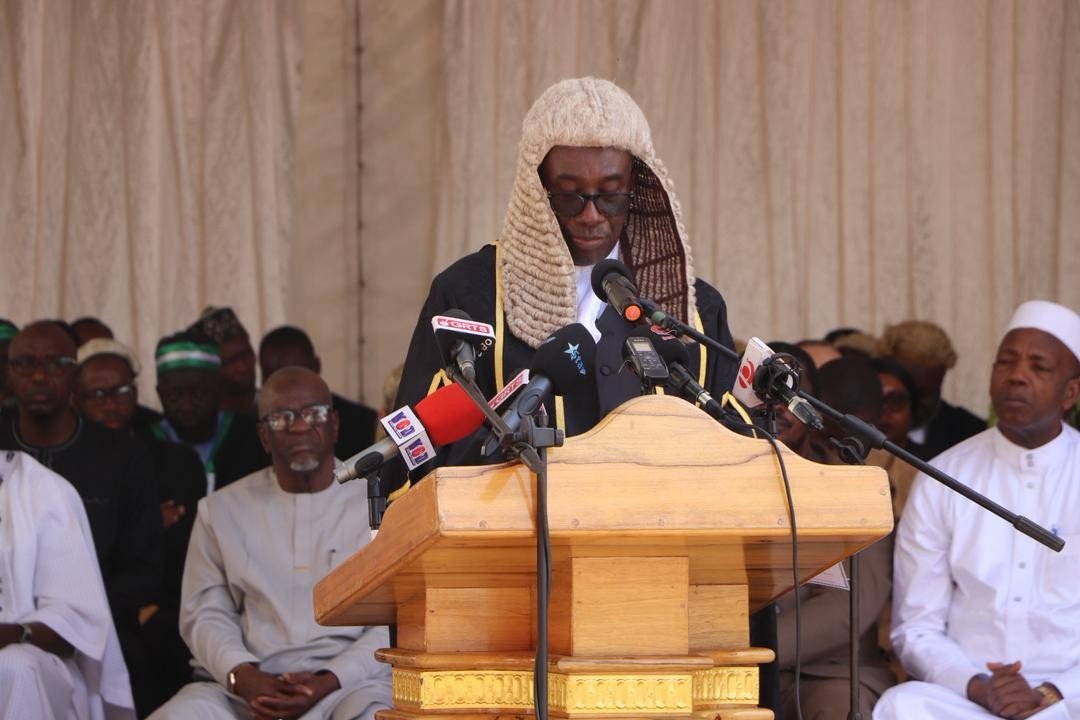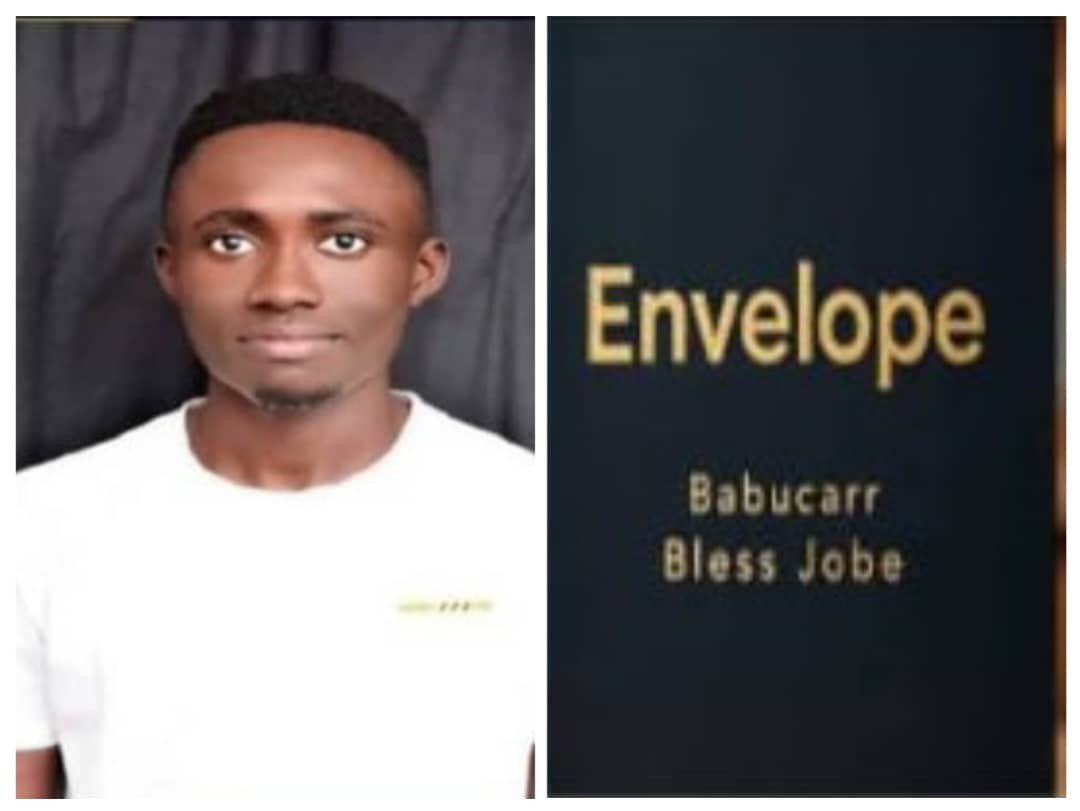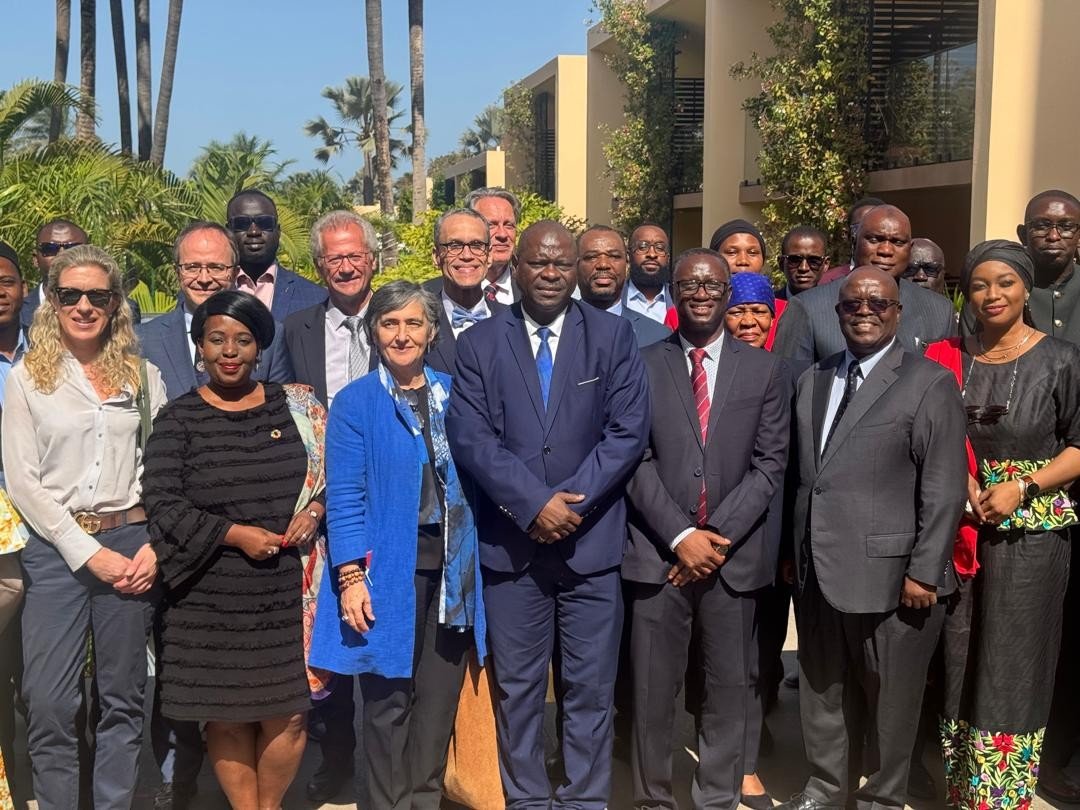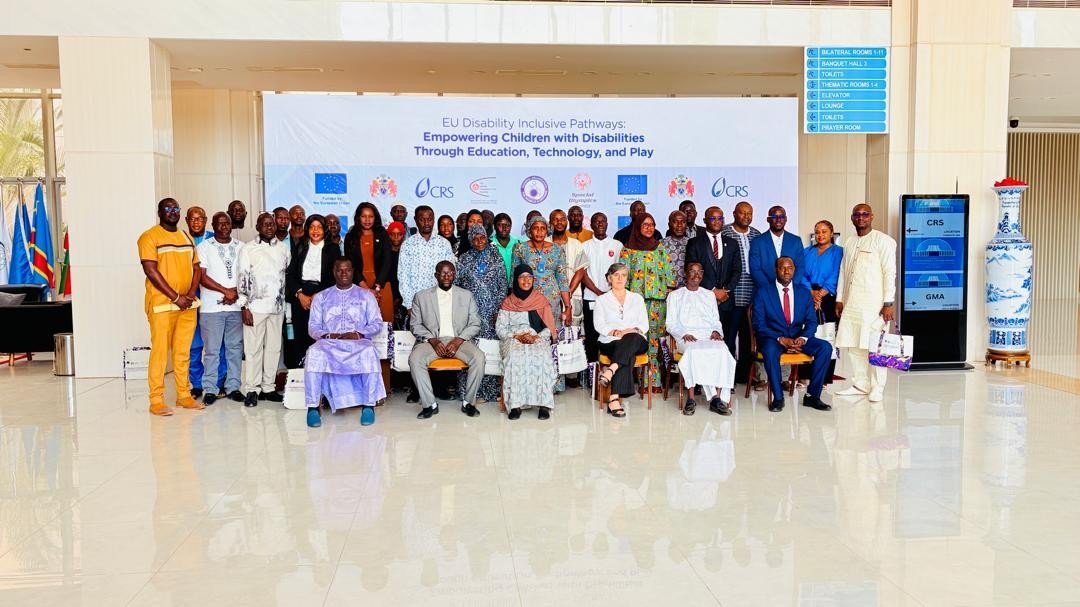The Management Development Institute (MDI) has officially unveiled a newly refurbished state-of-the-art classroom dedicated to the first cohort of the Master’s in Public Sector Management program.
The unveiling of the classroom took place on Wednesday during the matriculation of the first cohort of master’s students, marking the first of its kind in the institution’s history.
During the ceremony, Fatou A. Barry, Deputy Rector of the Civil Service University, formerly MDI, described the facility as “a necessary investment” made in collaboration with the Ghana Institute of Management and Public Administration (GIMPA), MDI’s long-time academic partner.
“Bringing this program home makes a big difference in terms of cost and accessibility, allowing participants to stay in the country while building their capacity,” she noted.
Mrs Barry praised the teamwork that made the project possible, referring to the effort as a “three-triangle collaboration” involving the approval of the Director General, the financial backing of the Finance Department, and the technical execution by the Procurement Unit.
“This project reflects not only a financial investment but a long-term commitment to academic excellence and the sustainability of postgraduate programs,” she added.
Dr Burama Jammeh, Governing Council member of the Civil Service University/MDI, said the unveiling of the classroom marked a milestone in the transformation of public sector education in The Gambia. He noted that this was an enduring collaboration between GIMPA and CSU/MDI to elevate the capacity and performance of the public service.
“The classroom would not only serve as a space for intellectual exchange and learning but also stand as a testament to what visionary partnership can achieve,” Chairperson Jammeh said.
Professor Samuel Kwaku Bonsu, Rector of the Ghana Institute of Management and Public Administration (GIMPA), said that years ago, GIMPA and MDI, now called the Civil Service University, had planned to introduce the Master’s in Public Sector Management Program because they believed they had enough strength, power, belief, and hope within themselves to extend their relationships within Africa.
“I hope that this building becomes a symbol of effective collaboration between our two institutions and our countries,” Prof. Bonsu stated.






